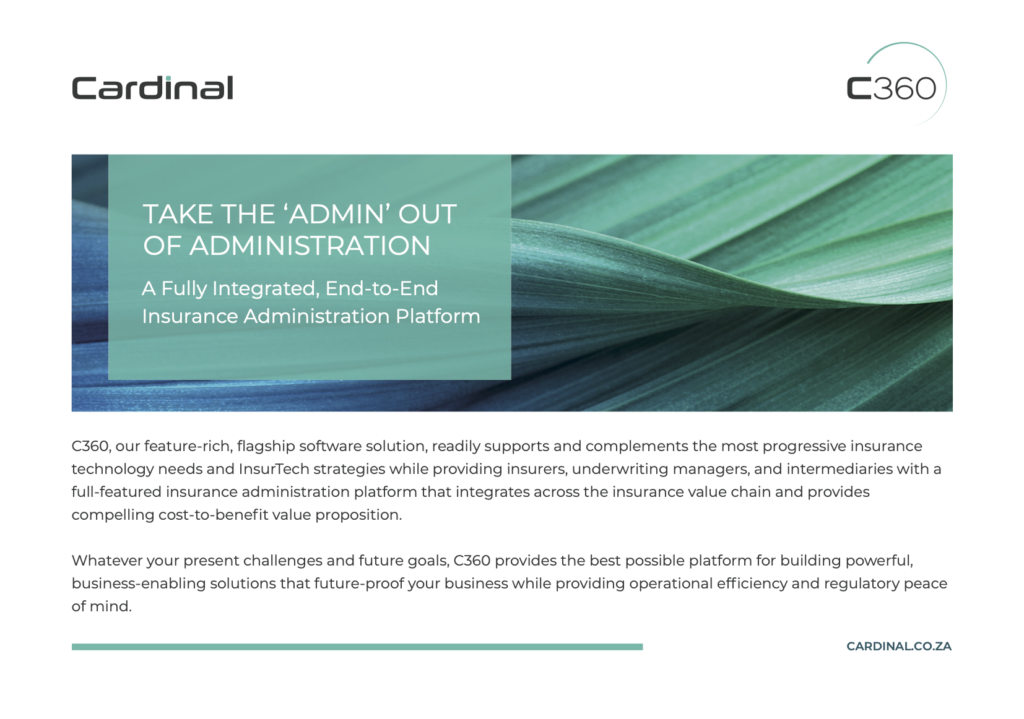By: Volker Von Widdern, Risk Principal at Riskonet Africa
In response to the unprecedented snowfall across parts of KwaZulu-Natal and the Free State, leading risk management company Riskonet Africa is urging both business leaders and local government officials to take immediate steps to enhance their risk planning and preparedness strategies for climate change.
The heavy snowfall, which resulted in two tragic hypothermia deaths, disrupted transportation, damaged infrastructure, and affected local communities, underscores the urgent need for comprehensive climate risk management.
These extreme weather events are becoming more frequent and intense due to climate change, and businesses, as well as local governments, must be proactive in their approach to managing these risks. It’s not just about responding to disasters as they happen but planning ahead to mitigate their impact.
The Importance of Resilient Infrastructure i
Many roads, bridges, and power lines in the affected areas were not built to withstand such unusual weather conditions. We need to conduct thorough assessments of our existing infrastructure to ensure it can cope with extreme weather patterns. This will require significant investment and collaboration between the private and public sectors.
Business continuity planning
This is another critical area of focus. Companies need to have robust business continuity plans in place to manage disruptions caused by unexpected events like these snowfalls. This includes ensuring supply chains are adaptable, having remote working capabilities, and maintaining clear communication with employees and stakeholders.
Local Governments Role in Emergency Response Coordination
Local governments have a pivotal role to play. Effective emergency response relies on pre-established plans and coordination between businesses, municipalities, and community organisations. This ensures that when an event occurs, everyone knows their role and action can be taken swiftly.

TAKE THE ‘ADMIN’ OUT OF ADMINISTRATION.
Whatever your present challenges and future goals, C360 provides the best possible platform for building powerful, business-enabling solutions that future-proof your business while providing operational efficiency and regulatory peace of mind.
Regular Scenario Forecasting and Utilisation of Technology and Data
Regular weekly weather scenario forecasting is also crucial once extreme weather conditions develop. This approach allows businesses and local governments to fine-tune their response plans based on the evolving situation, ensuring that resources are optimally deployed, and communities are adequately supported.
We must utilise the latest forecasting technology and data to stay ahead of the curve, enabling real-time updates to response strategies and minimizing the impact on people, infrastructure, and business operations. This dynamic and proactive approach not only improves resilience but also helps identify potential vulnerabilities before they become critical, allowing for timely interventions.
Riskonet Africa also advocates for regular climate risk assessments. Understanding the specific vulnerabilities of our regions is key. This allows us to prioritise actions and allocate resources more effectively, reducing the long-term impact of such events.
Community engagement and education
We must empower our communities with the knowledge and tools they need to prepare for and respond to climate-related risks. Preparedness is not just the responsibility of businesses and governments—it involves everyone.
As South Africa continues to experience the growing impacts of climate change, proactive risk planning and collaboration will be crucial in safeguarding both communities and economies against future disruptions.

